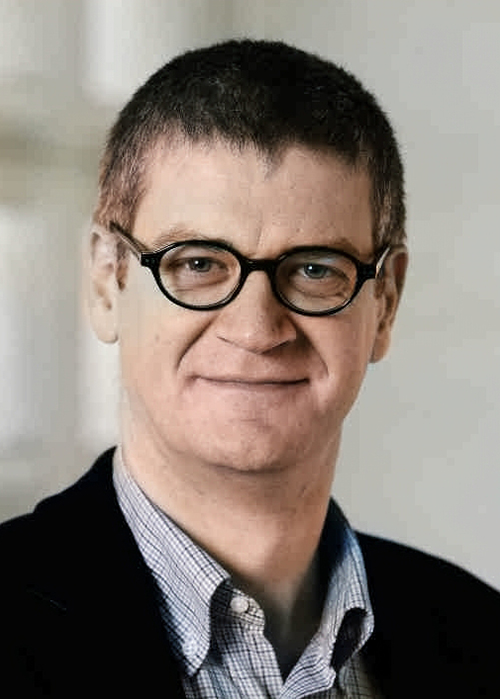Time: 18th July, 14:30
Venue: Energy Fundamentals Building Conference Room on First Floor
lecturer: Christophe Copéret,ETH Zurich

Abstract:
Most efficient chemical processes used in industry rely on heterogeneous catalysis. While the search for more sustainable processes and the changes in environmental policies impose the continuous development of more efficient catalysts,we have currently little understanding of the structure of the actives in these processes. Hence,due to their inherent complexity,heterogeneous catalysts have been mostly developed empirically.
Here, we will show how constructing active sites, one atom at a time on surfaces, enables molecular-level understanding and implementation of rational approaches for the improvement of catalytic processes. We will first illustrate howthis approach enables to generate selective single-site catalysts. We will next show how from theseisolated (single) sites, one cangenerate and understand far more complex systems such as supported nanoparticles, where interfaces, alloying… play a critical role. This lecture will be developed around these themes and will show how the development of advanced characterization tools augmented by computational approaches can provide useful information to bridge the gap between fundamental and applied (industrial) catalysis.
Introduction:
Prof. Christophe Copéret (CCH) was trained in chemistry and chemical engineering in CPE Lyon (France) and then undertook a PhD in chemistry at Purdue University (USA), where he studied the development of highly efficient synthesis of complex molecules via Pd-catalyzed carbonylation reactions in the group of external pageProf. E. Negishi (1991-1996). After a postdoctoral stay at the Scripps Research Institute (La Jolla, USA) in the group of external pageProf. K.B. Sharpless (1996-1997), where he developed oxidation reactions, CCH was offered in 1998 a permanent research position in CNRS in C2P2 (at the time LCOMS, directed by Dr. Jean-Marie Basset), a laboratory devoted to catalysis, chemistry of surfaces and polymers, and was promoted CNRS Research Director in 2008. Since Nov, 1st 2010, CCH is Professor in the Department of Chemistry and Applied Biosciences at ETH Zürich. His scientific interest lies at the frontiers of molecular, material and surface chemistry, with the aims to design functional materials with applications in catalysis (sustainable chemistry and energy), molecular recognition, imaging and microelectronics. CCH is a member of the external pageNCCR Catalysis and co-Chair of SwissCat+,a data-driven High-throughput Experimental Infrastructure of the ETH Domain.
CCH is Associate Editor of the external pageJournal of the American Chemical Society.
Besides scientific activities,CCH enjoys literature,history,cooking and wine tasting,probably a reminiscence of his childhood spent in the vineyards in external pageFleurie,one of the famous crû of Beaujolais (La reine) just 50 km North of Lyon.